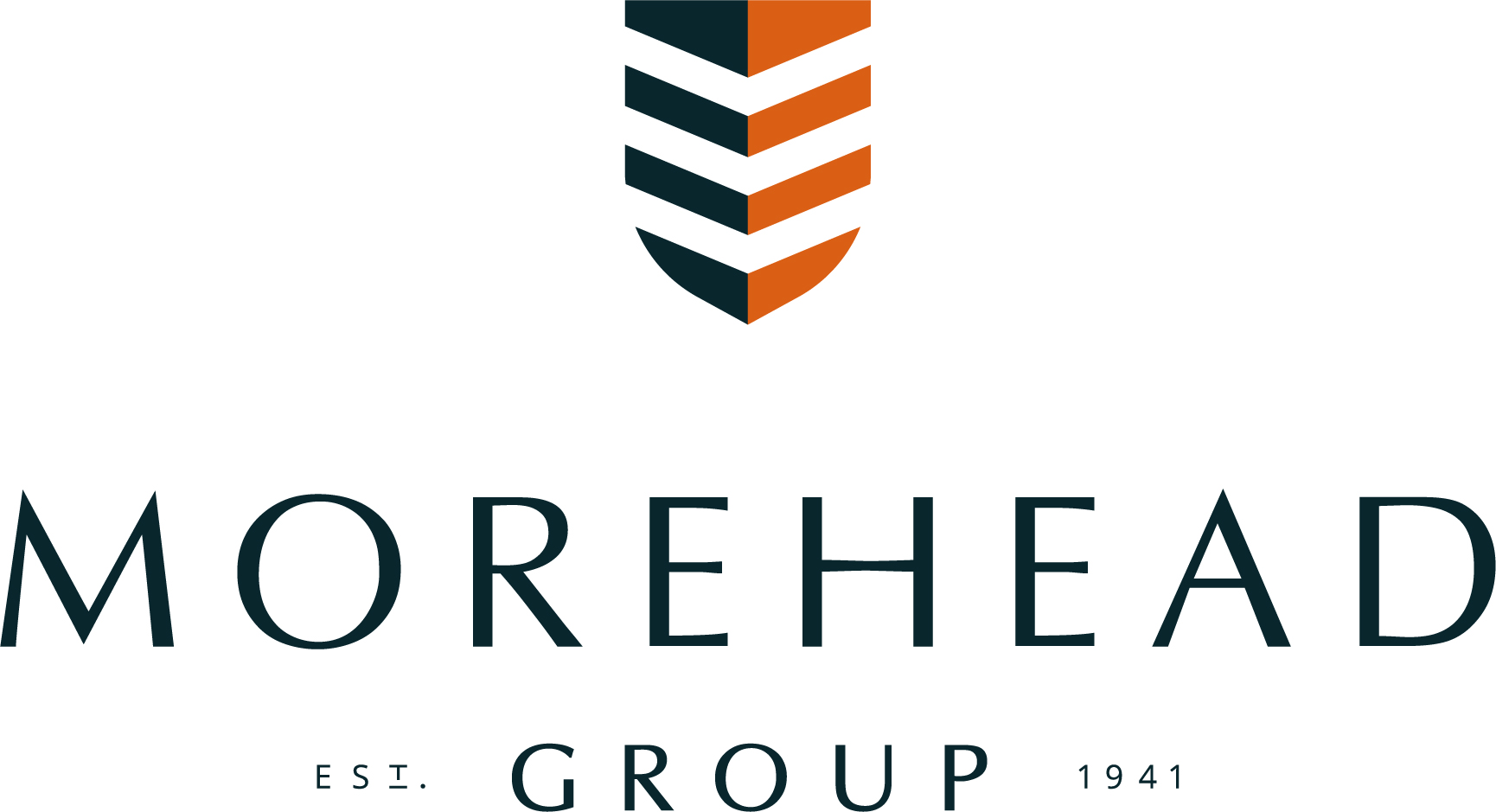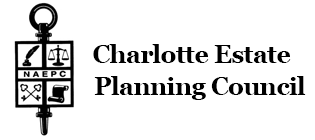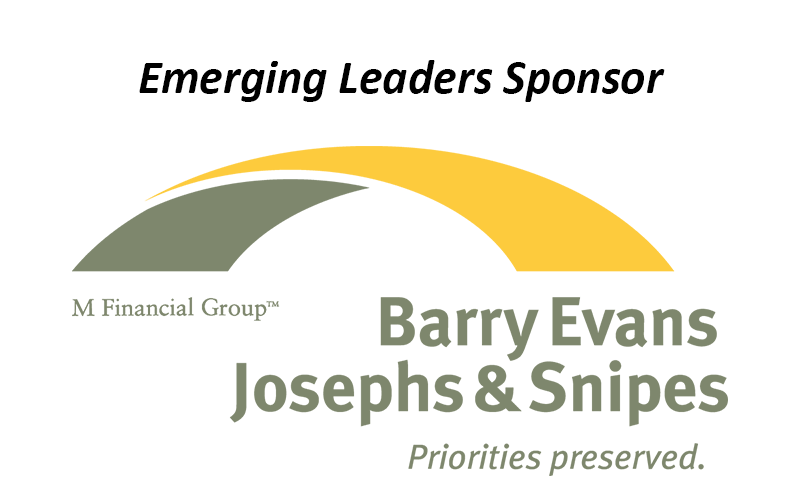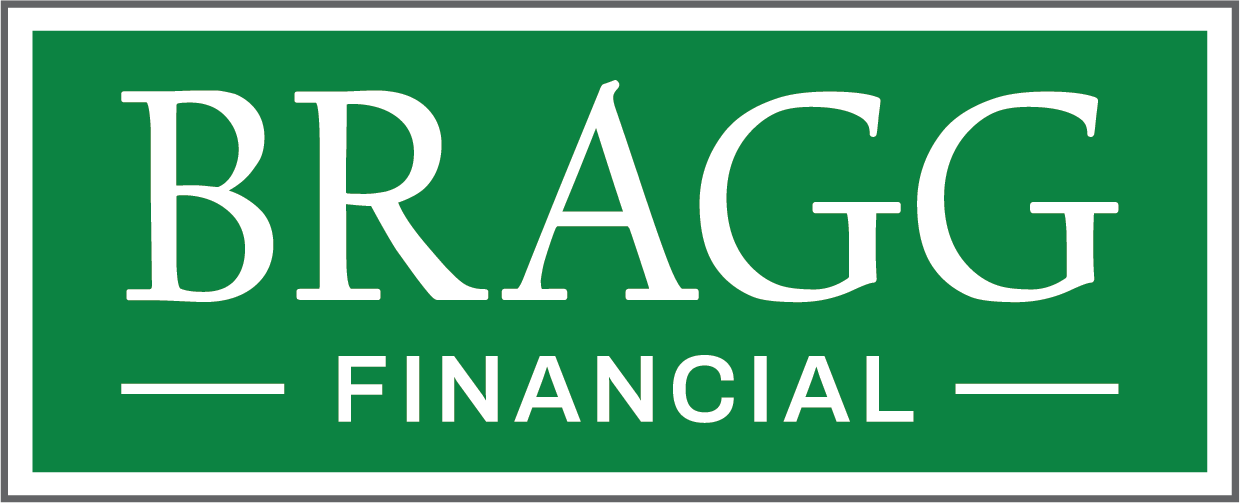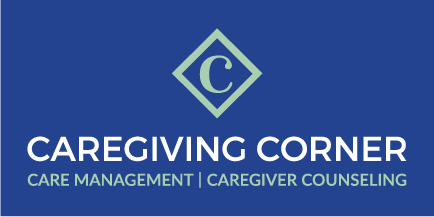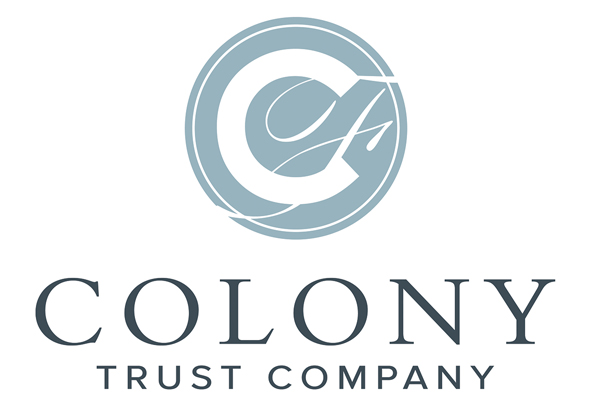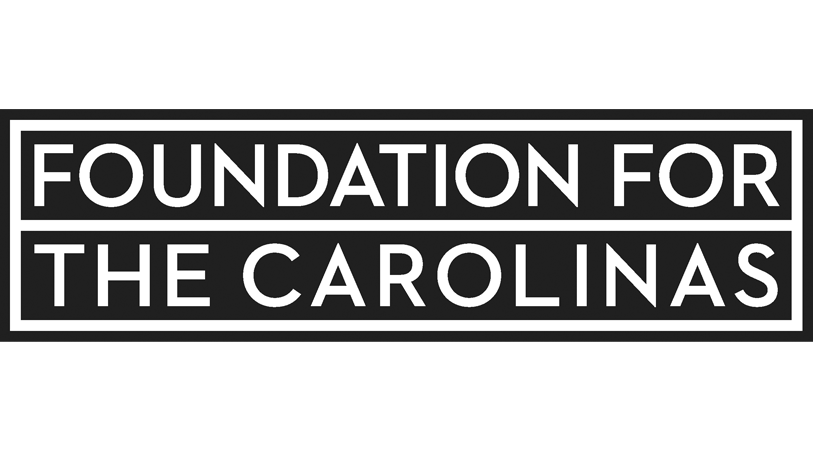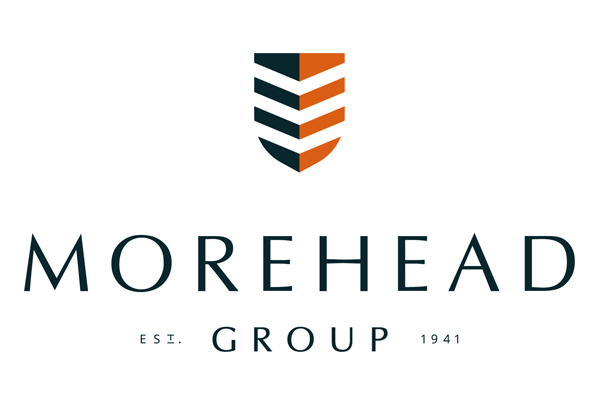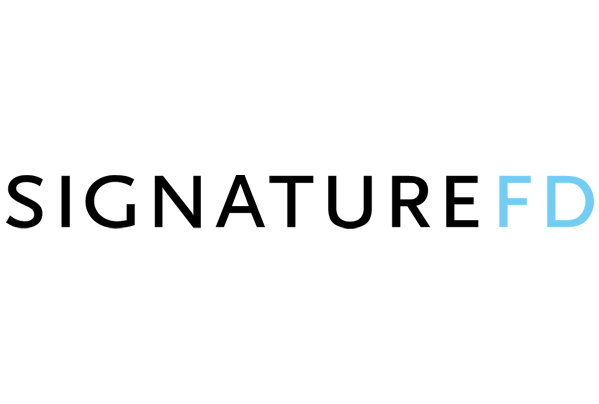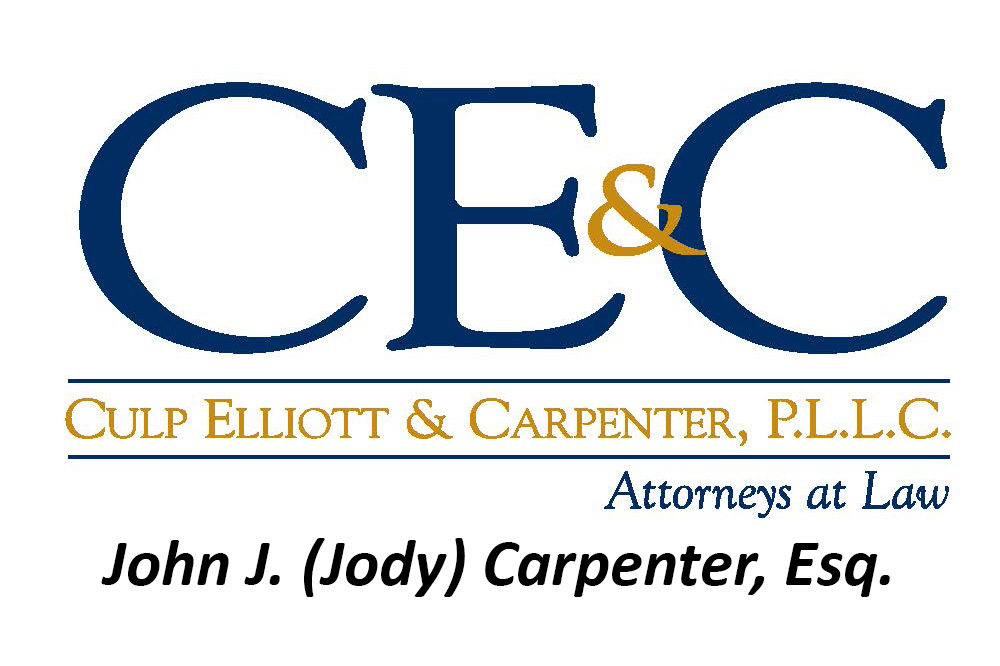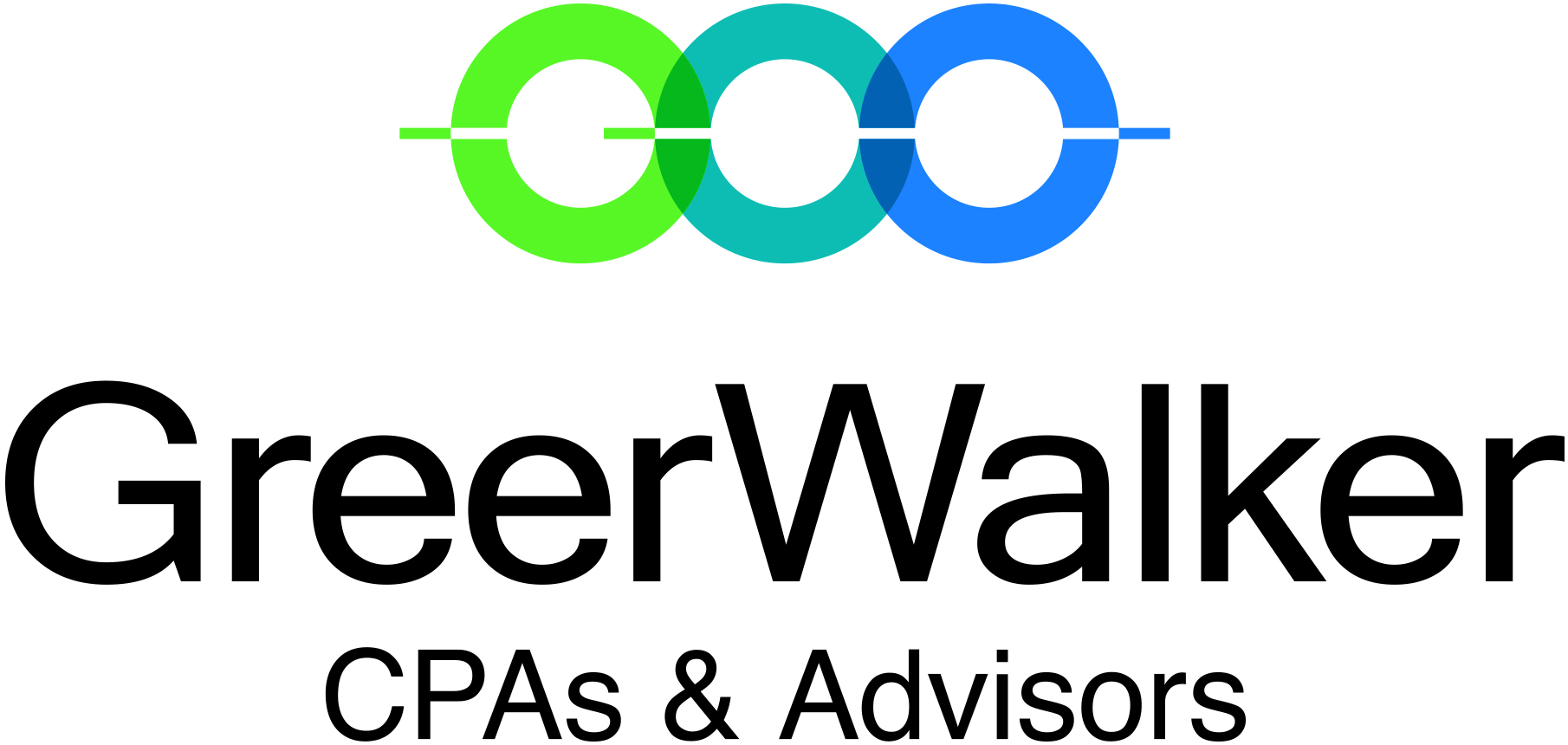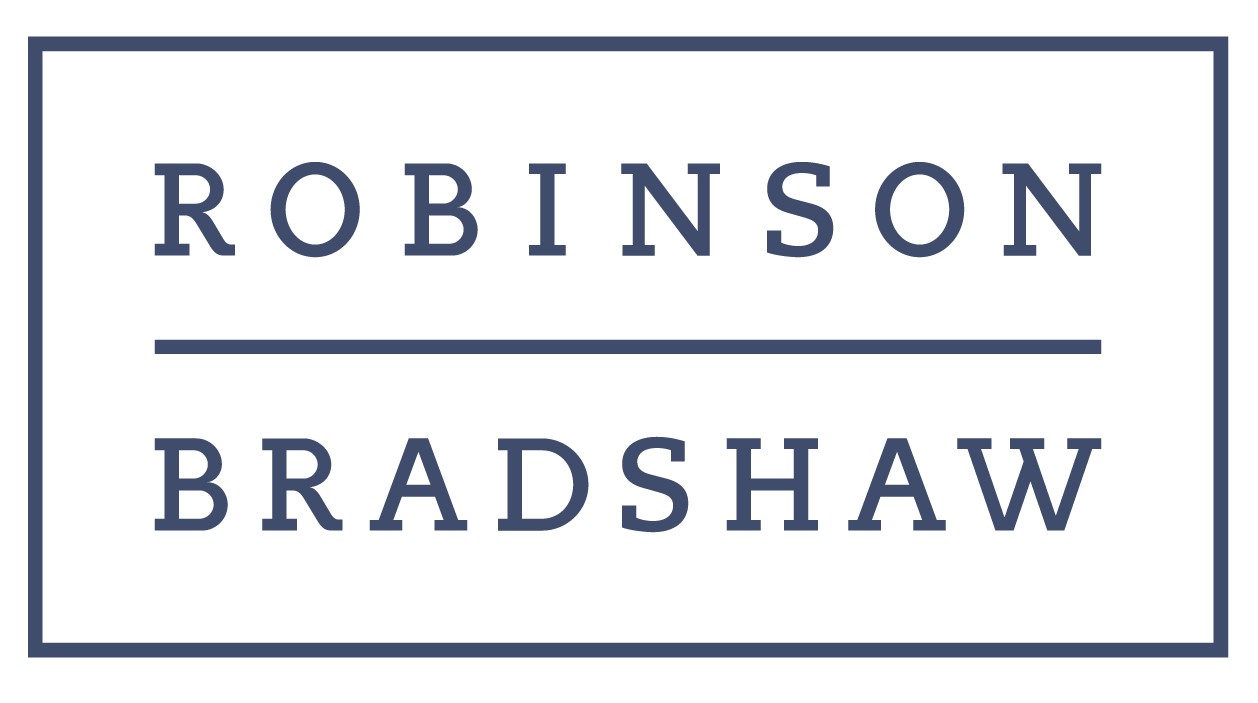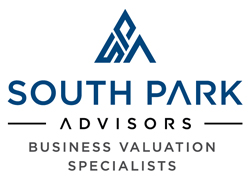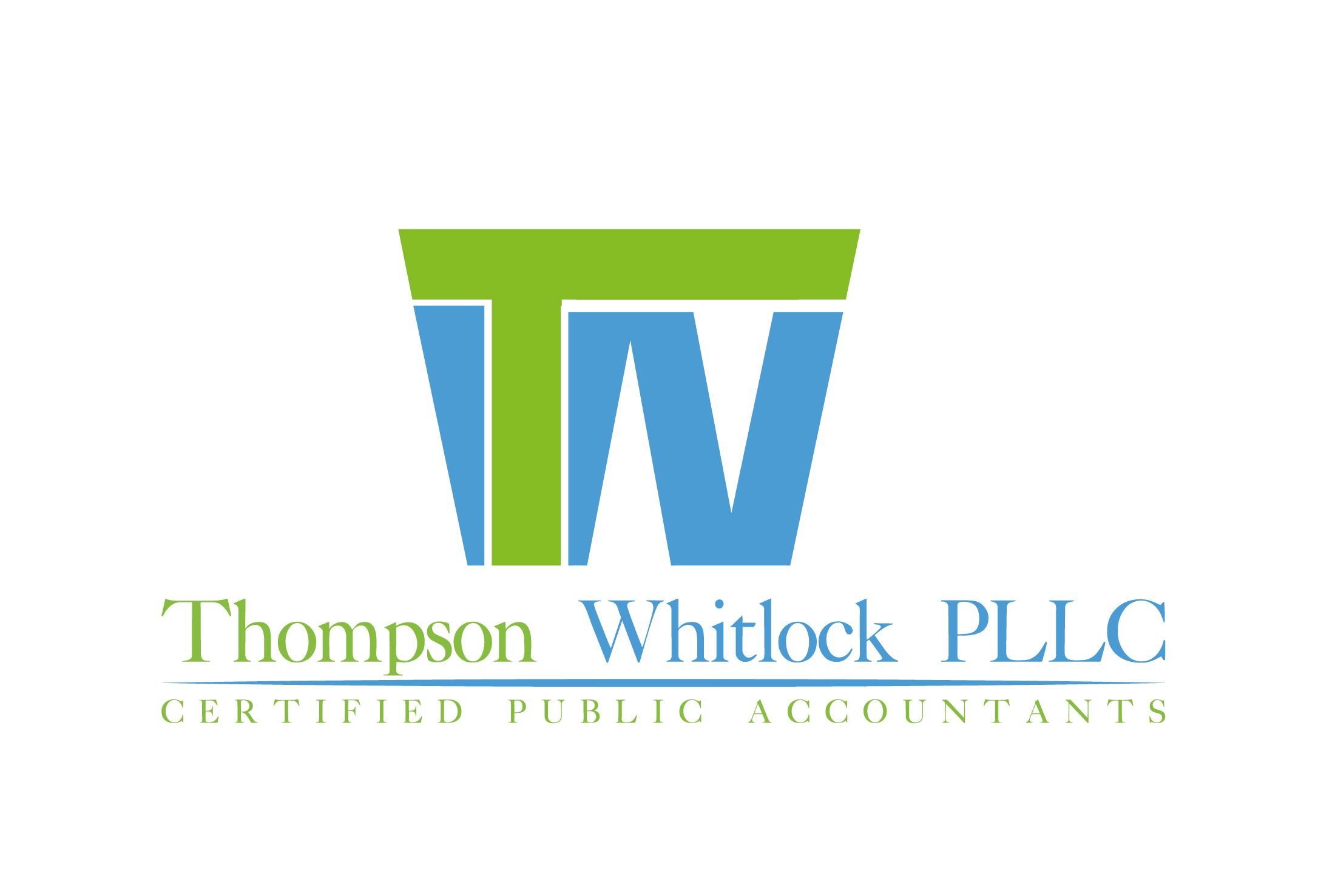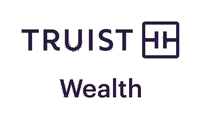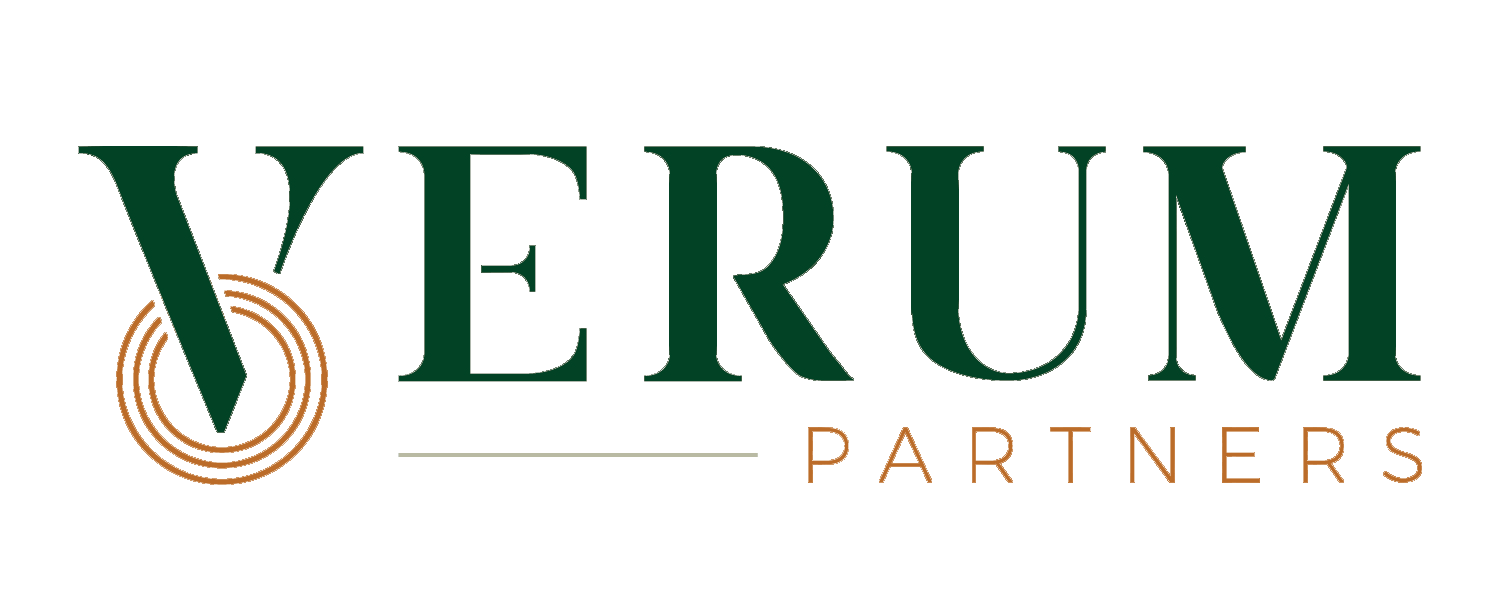CEPC's November Webinar Highlights What Are We Doing The Next 50 Days for Our Clients? The Estate Planning Future in 2021
Missed CEPC’s November Webinar?
Here is What You Missed!
What Are We Doing The Next 50 Days for Our Clients? The Estate Planning Future in 2021
On November 10th, CEPC members were joined by Louis Harrison, Founding Partner with Harrison & Held, LLP to discuss what estate planners should be doing now as we wrap up 2021 and what to plan for the future.
Lou kicked off the presentation examining the original Ways and Means bill, noting the difficulty and uncertainty it brought to the industry and lessons learned. One take away is how a planner can and should be creative with drafting GRATs and Sales to Grantor Trust. An example of such creativity is, in special cases, adding a discretionary distribution power by the trustee that allows the trustee to distribute for welfare of best interest to the grantor during the annuity period.
Additional lessons learned include that in an ever changing tax law world, the flexibility provided by sales is another plus versus GRATS; creating a super funded insurance trust to pay for future premiums is fine; and a reminder to not lose sight of the fact that a wait and see approach can be beneficial when dealing with “proposed” tax legislation. While it’s hard to not act immediately to proposed legislation, doing so if almost always premature and inadvisable. Succinetly stated, do not act on proposed legislation; wait and see what laws are passed and continue to work with existing laws.
In that vein, and specifically in reference to SLATs, Lou discussed that while planners deal with these the most towards the end of the year, planning for spousal trusts funded with lifetime gifts today is the same as it was a year ago (and for that matter, for the last decade). Planners should continue engaging with clients about SLATS when estate planning throughout the year.
As planners enter 2022, without a tax bill, the industry is continuing with business as usual while working to build in more flexibility to estate plans. Lou touched on how COVID impacted clients (and the whole world), serving as a wakeup call, leading to a significant uptick in estate planning. Individuals realized the importance of planning for the future both for life and death. And with the baby boom passing substantial wealth to the next generation, the estate planning practice will continue to be energized and plentiful.
With all the changes COVID brought, how can planners adapt for the future to remain relevant? For starters, remote work is here to stay. Increasing digital storage and security, less office space, new and updated technology, are all evolving components planners need to take into account.
While remote work has its benefits, it does give the illusion that planners are accessible 24/7 and planners therefore need to learn to avoid the 24/7 work expectation. “Don’t work to live” advised Lou. Instead, Lou spoke about two steps to take to make a positive change in bringing a sense of balance for work and personal life. His “backpack rule” refers to the idea that when you step into your home, put your technology/work in a backpack. That backpack is then placed in a closet and stays out of sight and out of mind. The second is utilizing your calendar to your advantage. Block off time to be out of the office, to be on vacation, and when you don’t want to have meetings, long in advance. Do it now for the whole year-just block it off. Use your calendar to give yourself the gift of time. (Remember, the block off can always be overridden, but appointments cannot be deleted if time is not blocked off.)
A couple more items for planners to consider as we close out 2021 and move into 2022; consider client selection and learn to say no. We are not good at this so practice and create metaphors as to what your life looks like when you say “yes” to bad clients. If you are too busy, if your intuition is telling you something is off about a particular client, just say no.
Another item is the expansion of the practice. Going forward, we should provide more focus on administrative and tax compliance, more income tax planning, softer topics like burial and funeral arrangement discussions, divorce discussions, and more family meetings since the industry is seeing more wealth passing from one generation to the next. Best client value in terms of services provided, in addition to attentive listening, is to introduce visual schematics to show clients where their assets go if something happens to them.
Lou wrapped up by concluding how exciting the forefront is for estate planners with providing unparalleled value, service, guidance, and yes, sometimes even therapy to clients.
